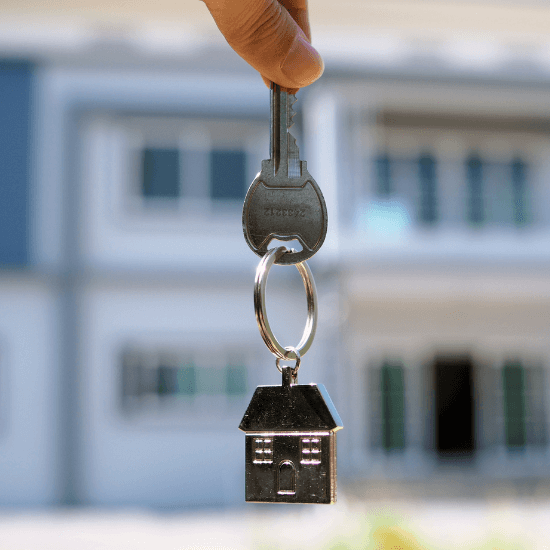
After an appraisal of your property, the Appraisal Review Board’s decision about your property value determines the amount of taxes you pay. If the property appraises for a high value, you pay higher taxes. But what if you disagree with the decision?
As a taxpayer, you have the right to protest to the Appraisal Review Board (ARB). After you receive the appraisal, you have a period of time to appeal or protest it. You could file an appeal and request a formal ARB hearing in court. But did you know that you might have another option to achieve a more satisfying decision?
If you meet certain criteria, you could request regular binding arbitration (RBA) instead.
Hover over the image below to read the legal definition of regular binding arbitration
Legally, binding arbitration is defined as an agreement between two parties to have a disagreement reviewed by a neutral third party. Both parties must agree to abide by the third party’s decision – that’s where the “binding” part comes in. Binding arbitration is an alternative to filing an appeal and typically ensures a faster resolution in a less formal setting.
Many cases of binding arbitration are about property taxes. Instead of a formal hearing with the ARB, property owners in Texas can file for RBA with the county appraisal district.
As a property owner, you have the right to challenge the appraisal to reduce the amount of property taxes you must pay. Filing an appeal will send you to a formal hearing with the ARB where you present evidence to support the true value of your property. RBA allows for the involvement and input of a neutral party.
Like most laws and regulations, the property tax code can seem impenetrable to the average citizen. Below, we overview the qualifications for RBA, the four steps on the arbitration process, how to withdraw if desired, and what to do if your request is rejected.

Before you can protest property taxes, you must qualify for the process. You may request RBA if:
As long as the circumstances meet these conditions, you as the property owner can request RBA to protest the property tax appraisal.
Step 1 – Qualification: The property owner must meet the qualifications listed above to request RBA.
You must file with the appraisal district (not the Comptroller’s office) within 60 days of the ARB order being delivered.
Step 2 – Filing: The Comptroller’s office provides Form AP-219: Request for Binding Arbitration for you to complete. In addition, you must provide a copy of the ARB order and a deposit by check or money order.
The deposit is made payable to the Comptroller of Public Accounts. even though you deliver it to the appraisal district office.
All paperwork and deposit payments must be completed and turned in within the 60-day limit.
Step 3 – Settlement Period: After you request regular binding arbitration, the Comptroller’s office processes the paperwork. The case then enters a 45-day settlement period in which both parties have the opportunity to settle the case or otherwise withdraw it before it is assigned to an arbitrator (more on this in the next section).
After the 45-day period, the Comptroller’s office makes an appointment with an arbitrator, who then sets the time, date, and location of the hearing. At the hearing, the arbitrator hears the evidence provided by each party (you and the ARB) to determine the value of the property.
Step 4 – Outcome: If the arbitrator determines the value of the property is closer to your proposed value than the value assigned by the ARB, your deposit is refunded (minus a $50 administrative fee). The appraisal district pays the arbitrator’s fee as indicated on an award form.
If the arbitrator decides the property value is closer to that assigned by the ARB than what you think it’s worth, your deposit is used to pay the arbitrator’s fee.
If you decide that you want to settle the case before the hearing, you can notify the Comptroller’s office and the appraisal district in writing that you’d like to withdraw. The Comptroller has a specific form — Form 50-830: Notice of Arbitration Withdrawal — for this purpose.
The best time to withdraw your case is during the 45-day settlement period before an arbitrator is assigned to the case. You will get your deposit back, minus the $50 administrative fee.
However, if you wait until after the 45-day settlement period expires, an arbitrator has probably already been assigned. You still need to request the withdrawal in writing; an oral request is not acceptable.
You must notify:
If you withdraw your case after the arbitrator has been assigned, the arbitrator charges up to the full fee amount for the case. If there’s anything left of your deposit after deducting the arbitration fee and $50 Comptroller’s administrative fee, you will be refunded.